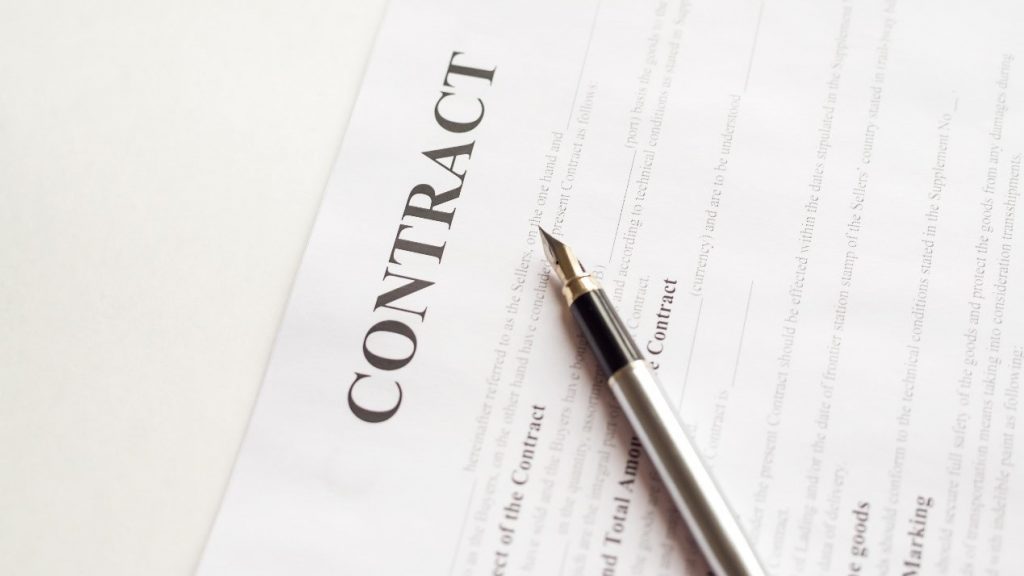Understanding commercial tenancy agreement in Malaysia is compulsory to prevent and resolve future legal disputes. This is particularly significant, as commercial tenancy disputes can be tremendously time-consuming and costly for landlords and tenants.
Moreover, commercial tenancy agreements are typically more complex than their residential counterparts. As such, having an in-depth understanding would help both parties to establish their responsibilities and exercise their rights clearly.
Here, we explore the basics of a commercial tenancy agreement and some subjects to consider before entering one.
What Is A Commercial Tenancy Agreement?
A commercial tenancy agreement in Malaysia is a written contract between a landlord and a tenant specifying the terms and conditions of their commercial property rental agreement.
Essentially, the agreement should outline the duties and obligations of both parties during the tenancy period, as well as the consequences of failure to do so. This enables a stress-free renting experience, fosters lasting relationships, and mitigates commercial property disputes.
Common Causes of Commercial Property Disputes
Commercial property disputes may result in litigation and forfeiture, and can happen due to various factors, mainly:
Rent arrears
- Failure to pay rent on time.
Dilapidation disputes
- Disputes over property liability and establishing whether the responsibilities of property maintenance fall on the landlord or tenant.
Breach of the terms of the tenancy
- Breach of terms or covenants, which may include matters of subletting, use of property, rent and service charge payments, and regulatory compliance.
Read More: Running a Business: 7 Common Types of Contracts in Malaysia
Things to Consider Before Signing A Commercial Tenancy Agreement in Malaysia

1. Details of Property
Fundamental information such as the use of property and type of property (shop lot, shop unit, office lot, etc.) must be specified in every tenancy agreement. In cases of shared spaces, the contract should explicitly indicate the usable space.
2. Details of Landlord and Tenant
Ensure that there is sufficient information for both parties. If the landlord or tenant is a company, include the company number and registered address. Meanwhile, if the landlord or tenant is an individual, include their full name and NRIC number.
3. Rental Amount and Deposits
The contract should state the monthly rate, together with the payment’s due date and method (cash, bank transfer, etc.), as clearly as possible. Also, most commercial tenancy agreements have a “grace period”, allowing tenants to pay rent after the actual due date without penalty.
The landlord can ask for deposits to cover unpaid rent or damages caused to the property during the tenancy period. Deposits such as security deposits are refundable—the landlord will inspect the property and refund the money if there is no damage caused to the property.
Read More: What You Must Know About Contractual Obligations in Malaysia
4. Duties and Responsibilities
The contract should include both tenant and landlord covenants throughout the tenancy period. For landlords, this may include keeping the premise insured against loss or damage by fire or enabling the tenant to occupy the premise without interruption.
On the other hand, tenant’s covenants commonly include paying rent and all service charges on time, keeping the premise safe, and retaining the premise in good condition until the end of the tenancy. The tenant should also apply for the requisite business licenses, licences for premises and/or signboards for a smooth business venture.
5. Tenancy Period and Renewal Option
The tenancy period refers to the fixed time during which the tenant is renting the premise. Clauses for renewal and extension of tenancy can be included in the agreement if deemed mutually beneficial.
6. Force Majeure Clause
This clause is crucial in any tenancy contract as it frees both parties from obligations or liabilities that occur due to an unforeseeable event that is beyond control. The circumstances should be explicitly stated, and it’s best if terms such as “pandemic”, “government order”, and others are included in the clause.
To Sum Up
Engaging in professional legal services is compulsory if you want to experience seamless navigation of a commercial tenancy agreement in Malaysia. Breeze through complicated legal jargon and ensure mutually beneficial agreements by hiring a commercial lawyer to assist you with legal processes.







